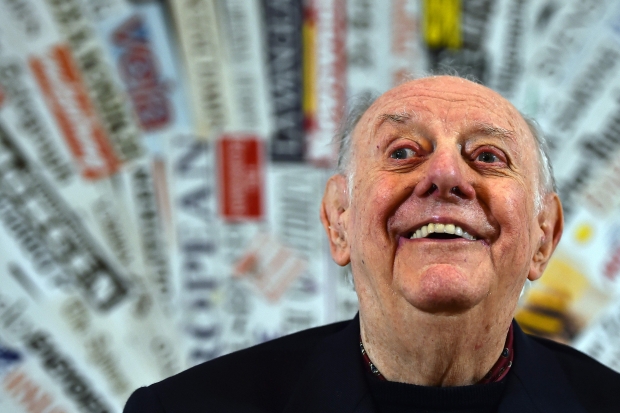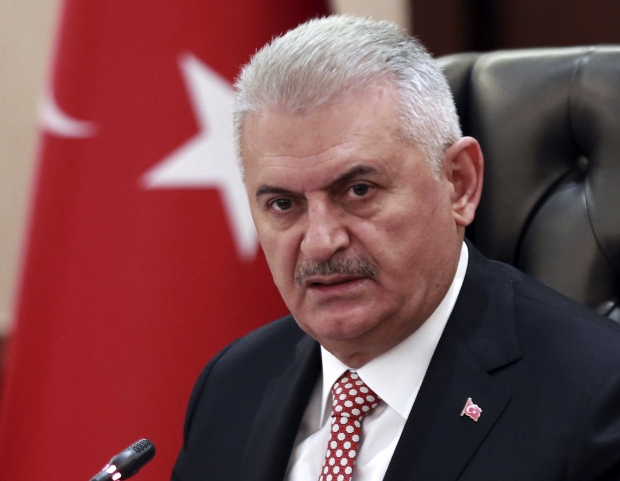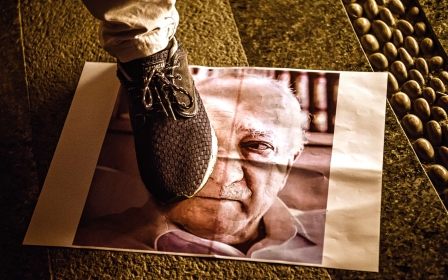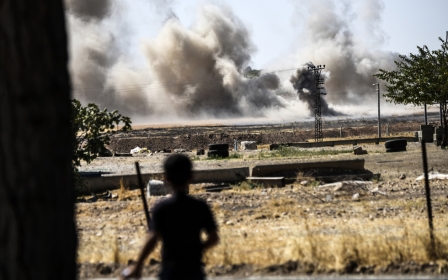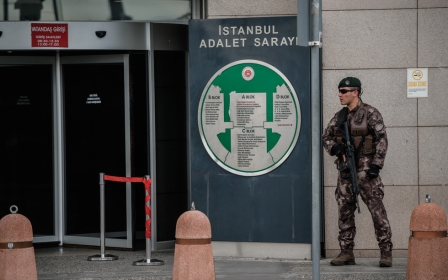Much ado about nothing? Turkey denies ban on foreign plays
ISTANBUL, Turkey – Foreign plays will be allowed in Turkish state-funded theatres this autumn, according to media reports, amid upset that the works of William Shakespeare and other would be exiting stage left.
Politicians, theatregoers and critics had protested after claims that non-Turkish plays would not be permitted as patriotic fervor continues to sweep the country following the 15 July coup.
Media outlets in Italy and the UK had quoted Dario Fo, the Italian playwright and recipient of the Nobel Prize in Literature , as saying that performances of his work and other foreign writers - including William Shakespeare, Bertolt Brecht and Anton Chekhov - had been cancelled in state theatres.
“I am paradoxically happy,” Fo told The Times. “It is wonderful to be in the company of these great playwrights and to think that we four are the cause of all Turkey’s problems. I am the only one of the four playwrights cancelled in Turkey who is alive. I hope they haven’t realised.”
But Burcak Evren, a veteran critic, told Middle East Eye he was left speechless that someone could even consider relegating Shakespeare.
“I cannot find the words to describe such absurdity. How could one even think of banning Shakespeare. I don’t think it is even possible. They will have to backtrack.”
Zeynep Altiok, deputy chairperson of the Republican People’s Party (CHP), said she had submitted a petition to parliament, asking the government to explain the move.
And on social media questions, theatre lovers reacted with anger...
(Translation: Are national emotions going to grow by not playing Gogol and Checkov at the State Theatre? You should have left art alone at least.)
(Translation: The one place you hadn’t intervened was the State Theatre. Banning foreign plays from State Theatre is just something we would do.)
Theatre boss: We can't go against public opinion
But Yilmaz Sertel Kilcil, a spokesman for the state theatre company, said that claims that all foreign productions were shelved for the year were wrong. He told the Evrensel newspaper that only the opening plays will be all Turkish: foreign productions would continue to be part of their repertoire for this season.
And Suheyl Uygur, an actor, told MEE that people shouldn’t try to exploit the theatre for political means.
Nationalist feelings are never far beneath the surface in Turkey and are readily exploited by all political parties. But in recent years the ruling Justice and Development Party (AKP) has heavily promoted the country’s Ottoman legacy and frequently promoted what it calls “native” culture.
Nejat Birecik, general manager of the state theatre, which falls under the control of the ministry of culture and tourism, had previously said that the company would focus on homegrown productions. He hinted that the attempted coup of 15 July was behind the move and said that the company couldn’t go against the tide of public opinion and emotions.
“As humanist patriotic nationalist artists, we are opening our theatres with only local plays in order to contribute to the unity and solidarity of the homeland and to strengthen national and spiritual feelings,” he added.
His words received the approval of Binali Yildirim, Turkey’s prime minister, when he marked 100 days in office on Friday. “State theatres will open with works that solely belong to Turkish artists,” he said.
The theatre company has 150 plays in its repertoire and last year attracted an audience of nearly two million people. For its performances it employs 65 stages and 700 actors across the country.
Middle East Eye propose une couverture et une analyse indépendantes et incomparables du Moyen-Orient, de l’Afrique du Nord et d’autres régions du monde. Pour en savoir plus sur la reprise de ce contenu et les frais qui s’appliquent, veuillez remplir ce formulaire [en anglais]. Pour en savoir plus sur MEE, cliquez ici [en anglais].


